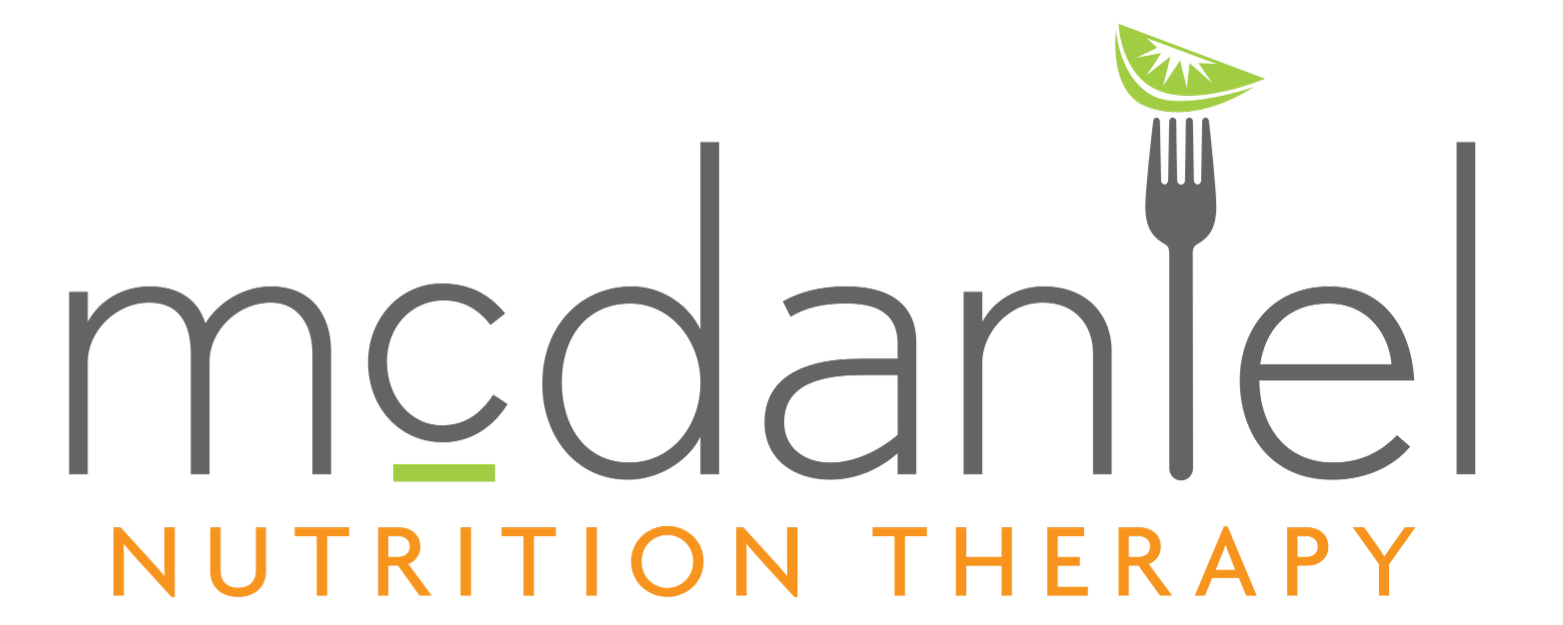Given the uncertainness of the world right now, you might find yourself stress-eating more than ever. Many of us are separated from friends and family, concerned about finances, and struggling to find a sense of structure and routine that we can count on. Social isolation is not normal and gives our brain the signal to do something else to fill this basic need. If you’re like 27% of Americans, you may look for comfort in the kitchen to fill the need.
Stress-Eating: The COVID-19 Contributors
Normal routines may be completely thrown out the window which creates more space for chaotic eating. When you add the fact that gyms and fitness clubs are closed, we’ve got a stockpile of food in our home, this can be very difficult for some to keep up with a healthy routine. Increased levels of the stress hormone cortisol actually steers us TOWARD snacky, highly processed, foods offering little nutrition. So, rest assured, there are physiological reasons you’ve eaten 4 slices of pizza. That being said, emotional eating, especially with foods that offer little nutrition, can actually weaken our immune system. Something, we’re all wanting to strengthen right now.
Stress-Eating Strategies
Create structure when possible.
Write down meal and snack times somewhere for everyone in the house to see. This is especially helpful for kids home from school. For example: breakfast is at 8, a snack at 11, lunch at 1, and so on.
Eat with intention.
Have a designated eating place such as a dining room table, kitchen bar, whatever. But probably not your couch. If you have an added challenge of having your kids home from school, write out a daily meal plan for everyone. Plan ahead for which snacks you and your kids will eat for that day. Just because you have more than usual amount of food in the house doesn’t mean you have to eat it all right now.
Become aware of your feelings.
First, ask yourself if you’re actually hungry (would you eat a mediocre salad right now?” Often, unidentified emotions can show up as an urge to eat. Are you lonely? Very likely. Are you bored? Also, very likely. Are you just needing a break from work? Hand raise. Identify what you ACTUALLY need and carve out time to give yourself that. Facetime friends and family, work on a craft you’ve been meaning to finish, or move your body as we talk about in our next tip.
Stay active.
Can you go outside for a socially-distant walk (provided you can get that 6 foot bubble 😊)? Can you incorporate an at home workout video or yoga sequence? Getting in some physical activity can help reduce built up stress and tension, not to mention the boost to your immune system.
Incorporate some comfort foods, in moderation. We love these Dark Chocolate Date Delights. Maybe you have a little more time to cook now. This is the perfect time to try a new recipe. Intentionally incorporating comfort foods can dampen a restrictive mindset.

Lower the bar.
You will not be able to eat in an “ideal” way. It’s okay if the only vegetable you eat today is corn in a frozen burrito. Trying to stick to a strict eating plan will just lead to more stress eating. Focus on giving yourself grace during this difficult time.
Post contribution by MNT dietitian, Jenni Leslie. If you’re struggling with emotional-eating, stress-eating, we are here to help! We’re offering $25 off initial consults during the Stay At Home recommendation. Self-care has never been more important, and we’re here for you. Contact us!

